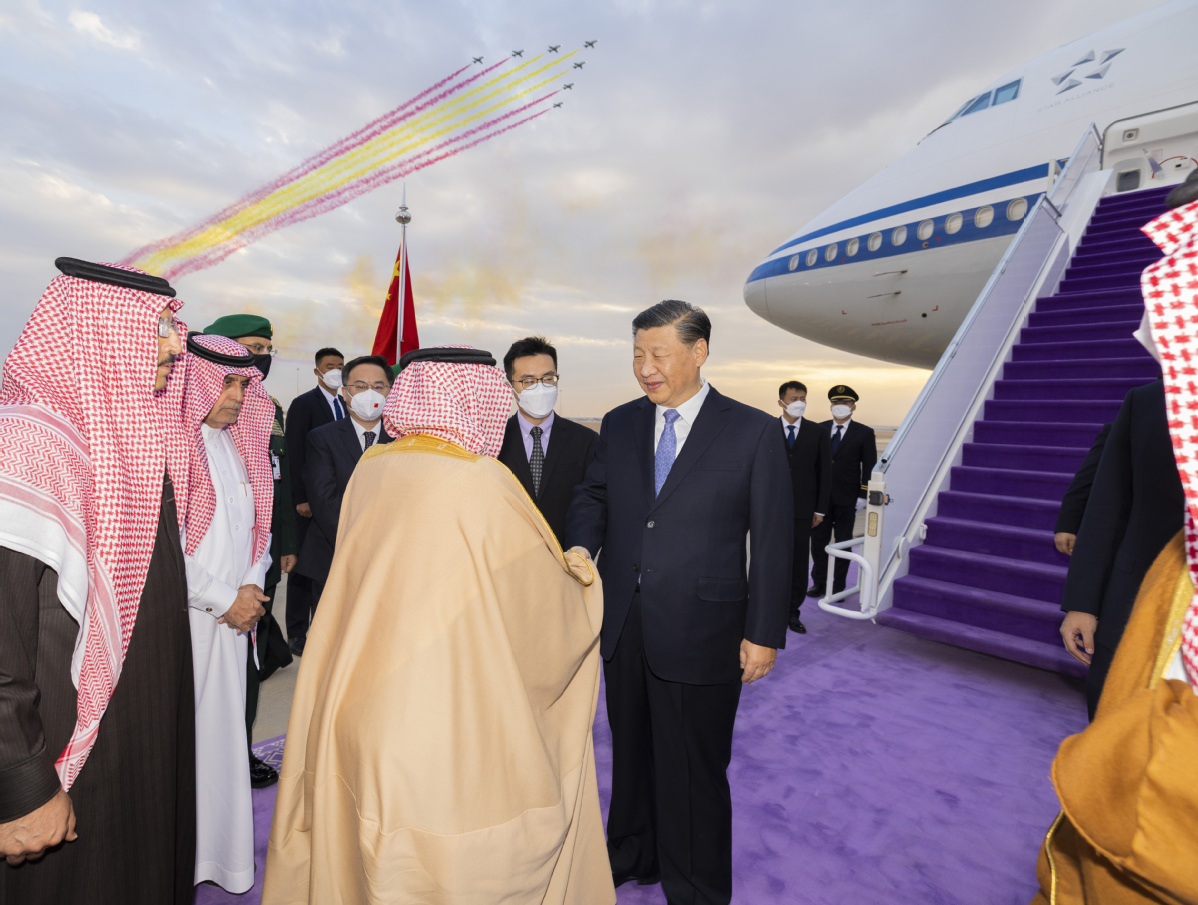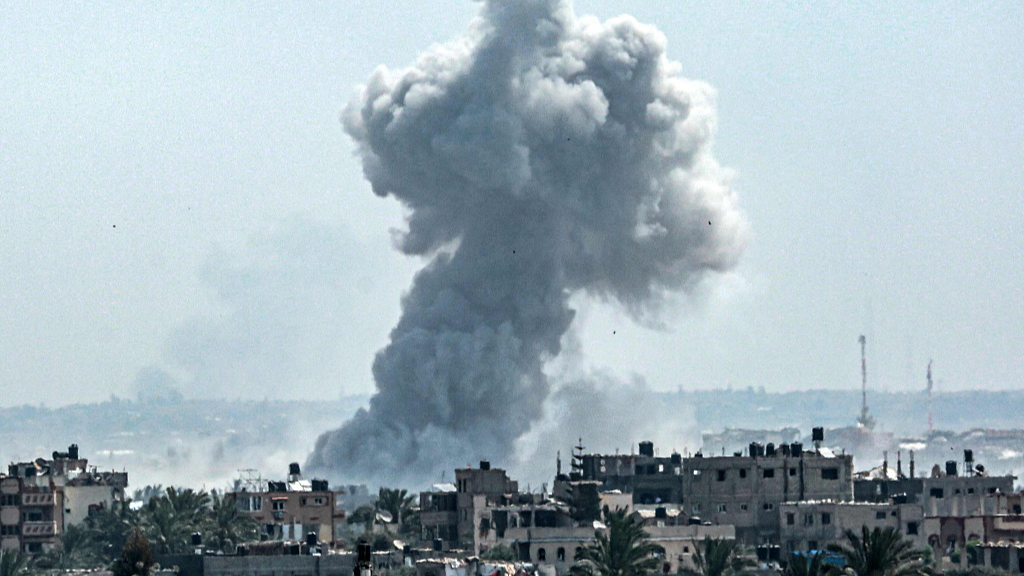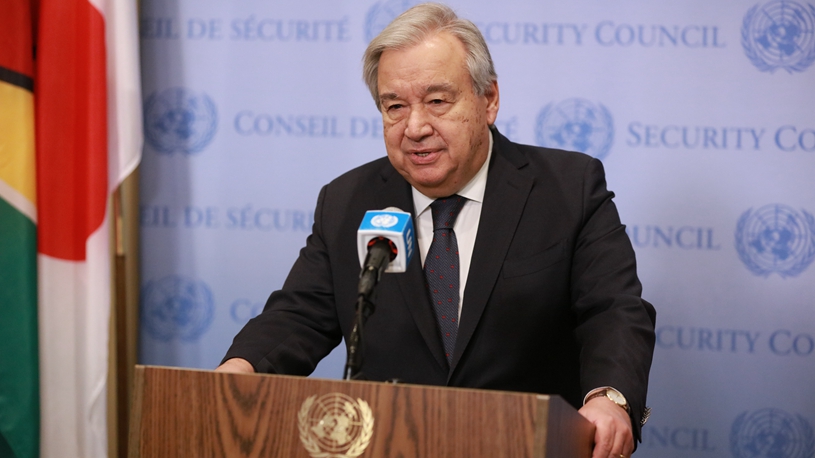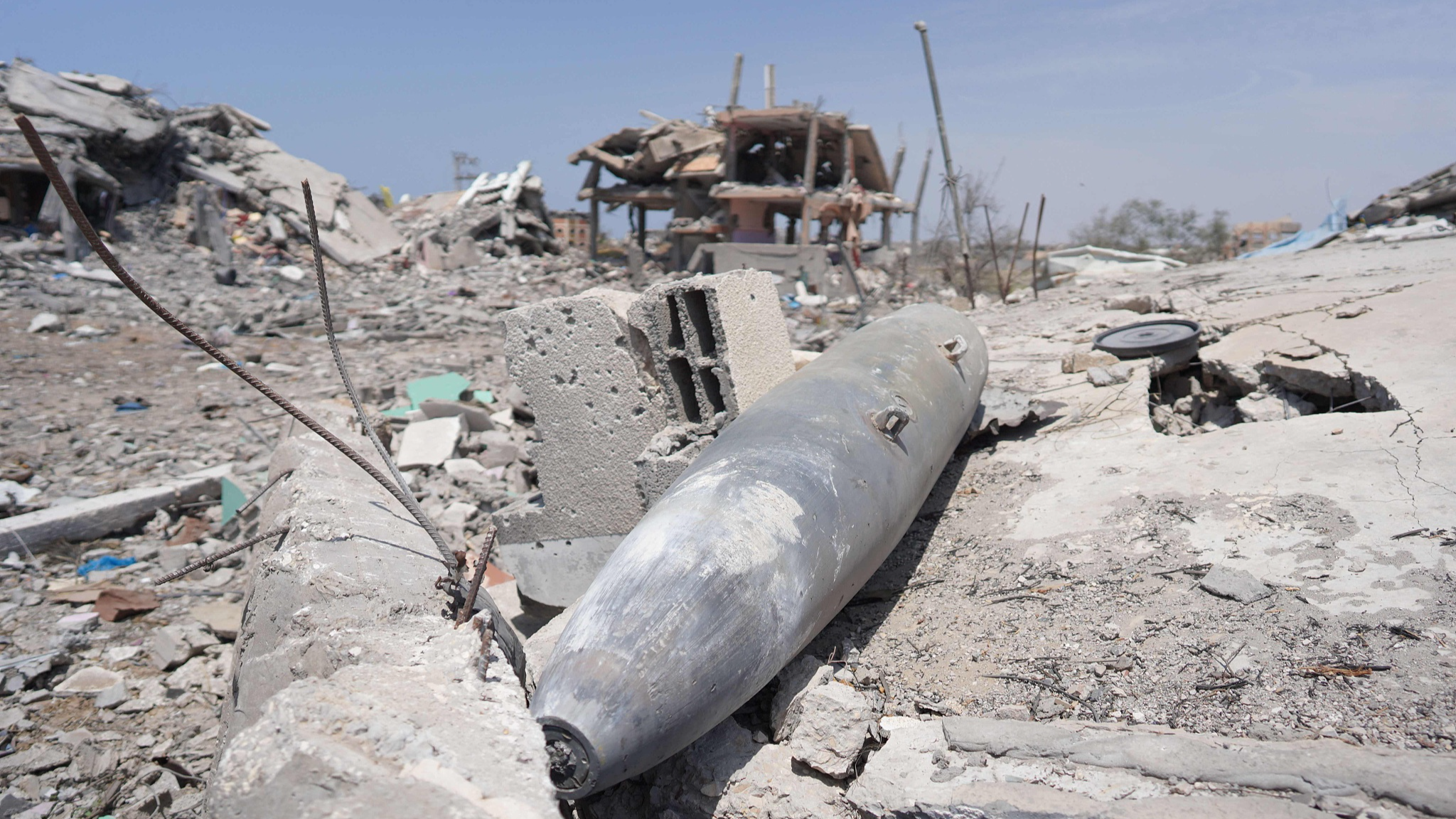BEIJING, Dec. 7 (Xinhua) — Soon after the conclusion of the 20th National Congress of the Communist Party of China (CPC), Chinese President Xi Jinping kicked off a busy month of head-of-state diplomacy.
Between Oct. 31 and Nov. 4, Xi held talks in Beijing with visiting General Secretary of the Communist Party of Vietnam (CPV) Central Committee Nguyen Phu Trong and Tanzanian President Samia Suluhu Hassan, and met with Prime Minister of Pakistan Muhammad Shehbaz Sharif and German Chancellor Olaf Scholz.
From Nov. 14 to 19, Xi attended the 17th Group of 20 (G20) Summit in Bali, Indonesia, and the 29th Asia-Pacific Economic Cooperation (APEC) Economic Leaders’ Meeting in Bangkok, and paid a visit to Thailand. During his six-day whirlwind trip, Xi participated in more than 30 events.
Between Nov. 25 and Dec. 1, Xi held talks with visiting Miguel Diaz-Canel Bermudez, first secretary of the Central Committee of the Communist Party of Cuba (PCC) and Cuban president, Mongolian President Ukhnaagiin Khurelsukh, General Secretary of the Lao People’s Revolutionary Party (LPRP) Central Committee and Lao President Thongloun Sisoulith, and President of the European Council Charles Michel.
From Dec. 7 to 10, Xi will attend the first China-Arab States Summit and the China-Gulf Cooperation Council (GCC) summit in Riyadh, Saudi Arabia, and pay a state visit to Saudi Arabia.
Xi’s packed diplomatic schedule demonstrates China’s vigorous pursuit of deepening its engagement and cooperation with the world as the country embarks on a new journey.
People have also seen the strong will of the international community to deepen interaction and cooperation with China, and the great importance that all parties attach to China’s role and status amid various global challenges.
INCREASING INTERNATIONAL UNDERSTANDING OF CHINA
In just over a month’s time, Xi had face-to-face meetings with nearly 30 foreign heads of state, government and international organizations.
Among them are both new and old friends, leaders of developing countries in Asia, Africa, the South Pacific and other regions, leaders of developed countries such as the United States and European nations, and leaders of both neighboring and faraway countries.
The 20th CPC National Congress clearly proposed to advance the great rejuvenation of the Chinese nation on all fronts through a Chinese path to modernization. All parties are curious about where China’s development is headed and what its new journey signifies for the rest of the world.
On bilateral and multilateral forums, Xi shared with world leaders the rich connotation of Chinese modernization and vividly described its value and global significance.
The world has learned from China’s actions that the Chinese path to modernization is not a reprint of the rise of traditional powers, nor does it follow the old path that “a country growing in strength invariably seeks hegemony.” Instead, it is the right path that delivers benefits to both China and the world.
BUILDING CONSENSUS OF SOLIDARITY, COOPERATION
“China has been upholding and promoting world peace through its own development. In this process, the development of China and that of other countries have become more interconnected and mutually reinforcing,” Xi said during his meeting with Scholz.
Scholz noted that Germany firmly supports trade liberalization, supports economic globalization, and opposes decoupling. “Germany stands ready for closer trade and economic cooperation with China, and supports more mutual investment by Chinese and German businesses,” he said.
“China’s Global Development Initiative and Global Security Initiative are for humanity’s peace and development. Mongolia fully supports them, and is ready to work with China to further synergize our strategies,” said Mongolian President Khurelsukh.
Positive interactions between China and other parties clearly show that “just as China cannot develop in isolation from the world, the world needs China for its development,” and also enlightens the world to the fact that Cold-War mentality, zero-sum game, “decoupling and breaking the chain,” engaging in “small circles,” camp confrontation, among others, have no market, while mutual respect, dialogue and cooperation, and mutual benefit are the general trend, political analysts said.
INJECTING CONFIDENCE, STRENGTH INTO THE WORLD
“We have the confidence and ability to inject valuable certainty and stability into the international community through the stability of our system, governance, policies and development,” Xi said during talks with European Council President Michel.
In a turbulent and changing world, all parties have higher expectations and stronger confidence in China’s development. Many foreign leaders expressed their wish to work together with China.
China’s rise is not stoppable, said Singaporean Prime Minister Lee Hsien Loong when meeting with Xi on the sidelines of the 29th APEC Economic Leaders’ Meeting on Nov. 17. Lee said that a strong and friendly China will bring a positive impact on the region and the world.
“Over the past decade, China has created a miracle of great development achievements. China has upheld multilateralism, promoted global solidarity and cooperation, and made important contributions to safeguarding world peace and development,” Prime Minister of Pakistan Sharif said during his meeting with Xi in Beijing on Nov. 2.
“New Zealand views China as a key part in a future world of progress and prosperity,” said New Zealand Prime Minister Jacinda Ardern in her meeting with Xi on the sidelines of the 29th APEC Economic Leaders’ Meeting on Nov. 18.
Under the leadership of head-of-state diplomacy, major-country diplomacy with Chinese characteristics, which holds high the banner of building a community with a shared future for humanity, will surely inject confidence, courage and strength into the international community in striving for a better future.

 News7 days ago
News7 days ago
 Sports5 days ago
Sports5 days ago
 News7 days ago
News7 days ago
 World6 days ago
World6 days ago
 World7 days ago
World7 days ago
 News4 days ago
News4 days ago
 World5 days ago
World5 days ago
 News6 days ago
News6 days ago
























